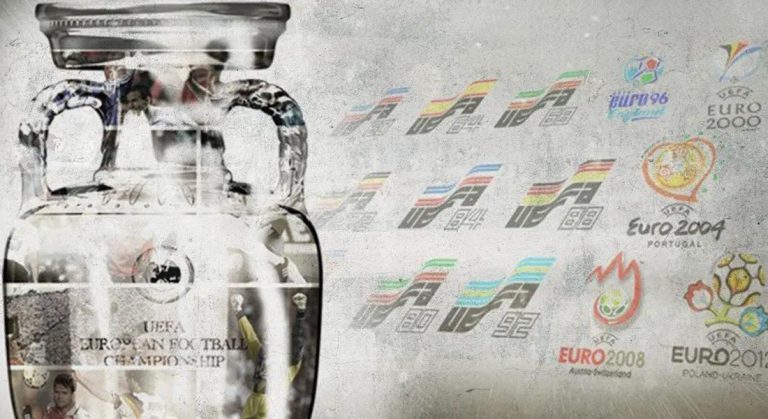Home » Unveiling the Origins: Euro2024 and Its Roots
Unveiling the Origins: Euro2024 and Its Roots

The anticipation is palpable; Euro2024 has finally arrived, marking the seventeenth installment of a storied competition that traces its origins back to 1960. Let’s embark on a journey through time, exploring the evolution of this prestigious tournament.
Inception: The European Nations’ Cup (1960)
The inaugural edition of the tournament, then known as the European Nations Cup, witnessed the participation of only 17 teams in the qualification phase. Emerging victorious from the qualifiers were the likes of the Soviet Union, Yugoslavia, and Czechoslovakia, who joined host nation France in the final four showdown. The Soviets, bolstered by the legendary Lev Yashin in goal, clinched the title with a narrow 1-0 victory over Yugoslavia, witnessed by a modest crowd at the Parc des Princes.
The Evolution Begins: Early Triumphs and Transitions
- 1964: Spain’s Historic Triumph
Spain etched their name in the annals of history by becoming the first team to both host and win the tournament. Marcelino’s decisive goal secured a memorable 2-1 victory over the defending Soviet Union, witnessed by a staggering 79,000 spectators at the Santiago Bernabeu.
- 1968: Transition to the European Championship
The tournament underwent a transformation, rebranding as the European Championship in 1968. Italy, following Spain’s example, hosted and emerged victorious, albeit after a dramatic semi-final resolved by a coin toss.
The Rise of Powerhouses: Germany’s Emergence (1972-1980)
- 1972: West Germany’s Triumph
The tournament ventured to Belgium in 1972, marking West Germany’s debut appearance. Led by iconic figures like Gerd Muller and Franz Beckenbauer, West Germany clinched the title in impressive fashion.
- 1976: The Panenka Phenomenon
A moment etched in football folklore unfolded in 1976 when Antonin Panenka’s audacious penalty secured victory for Czechoslovakia, immortalizing his name in the process.
- 1980: Expansion and Controversy
The tournament expanded, introducing a group stage for the first time. West Germany claimed their second title amidst controversy marred by hooliganism, tarnishing the event’s image.
The Era of Icons: Platini, Van Basten, and Beyond (1984-1996)
- 1984: Platini’s Reign
Michel Platini spearheaded France to glory in 1984, delivering a masterclass performance en route to securing the coveted trophy.
- 1988: Van Basten’s Wonder Strike
Marco van Basten immortalized himself with a sublime volley, propelling the Netherlands to victory in a memorable final against the Soviet Union.
- 1992: Denmark’s Fairytale Triumph
Denmark defied the odds in 1992, seizing the opportunity as last-minute replacements to clinch a fairytale victory, capturing hearts worldwide.
- 1996: The Advent of Golden Goals
The tournament witnessed the introduction of golden goal extra time, with Germany emerging triumphant once again amidst dramatic moments.
Modern History: Dominance and Upsets (2000 Onwards)
- 2000-2016: A Rollercoaster of Emotions
From Greece’s improbable triumph in 2004 to Spain’s era of dominance, the tournament witnessed a plethora of memorable moments and upsets, captivating fans worldwide.
- 2020: Italy Triumph
UEFA EURO 2020 (2021) had already made history in its own right. Although it was the first time that the tournament has been postponed, it also marks the first time the competition has been hosted by cities in multiple locations across Europe. Italy seals its second Euro for the first time since 1968 after beating England 3-2 in the final on penalties.
- 2024: A New Chapter
As Euro2024 unfolds, anticipation runs high as contenders and rising stars vie for glory across German cities, culminating in a thrilling finale in Berlin.
In conclusion, the Euros stand as a testament to the rich tapestry of European football, blending tradition with innovation to create moments that resonate through the ages. As we eagerly await the unfolding drama of Euro2024, let us cherish the memories of past triumphs and anticipate the birth of new legends on the grand stage of European football.





